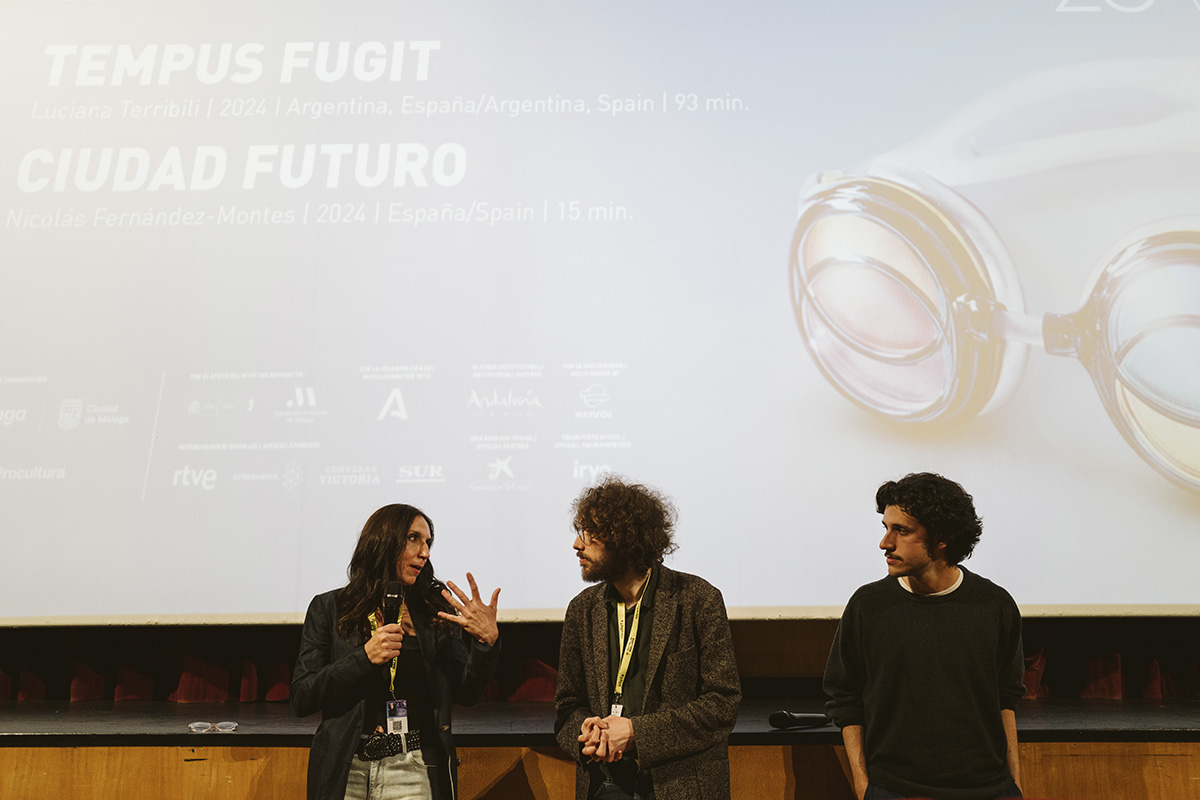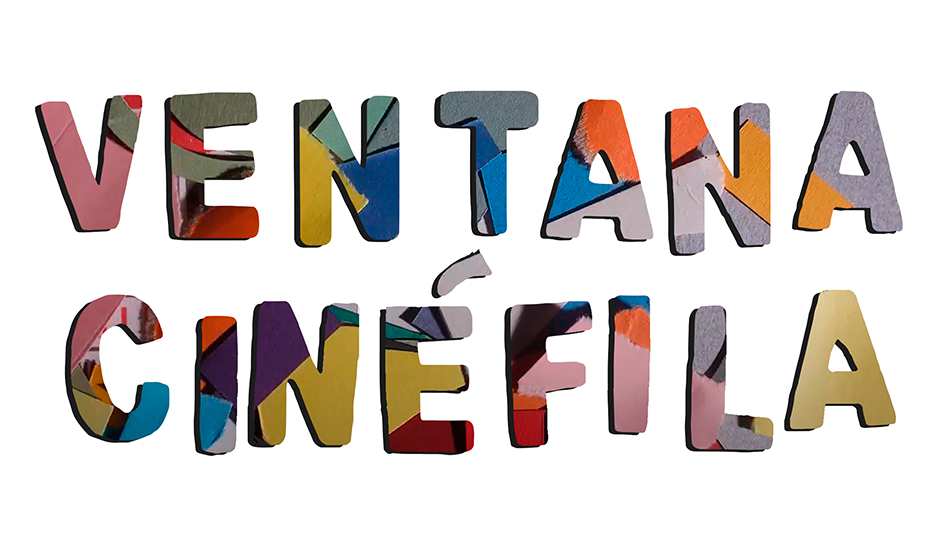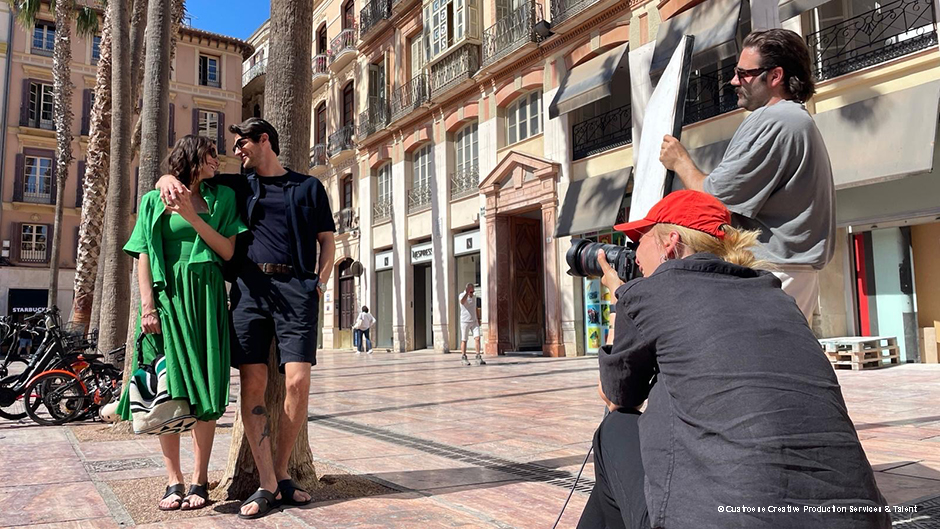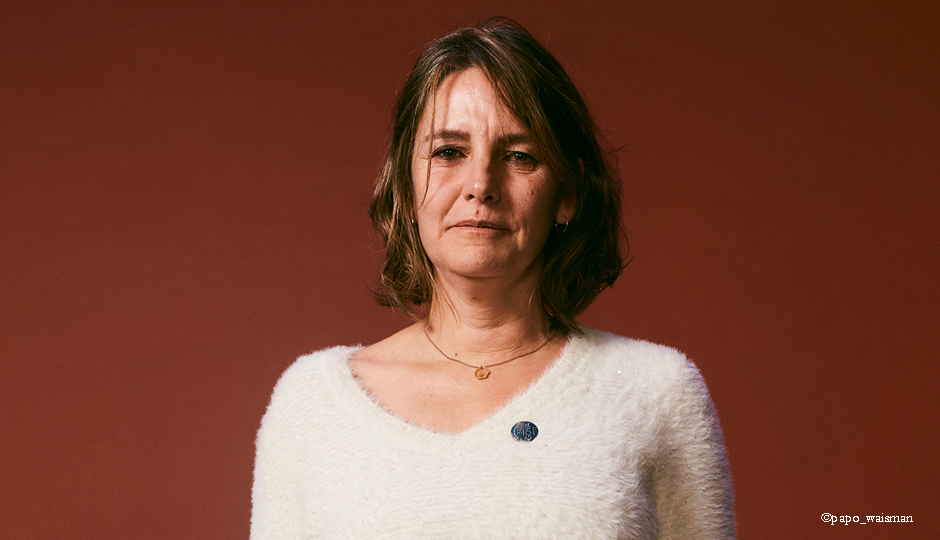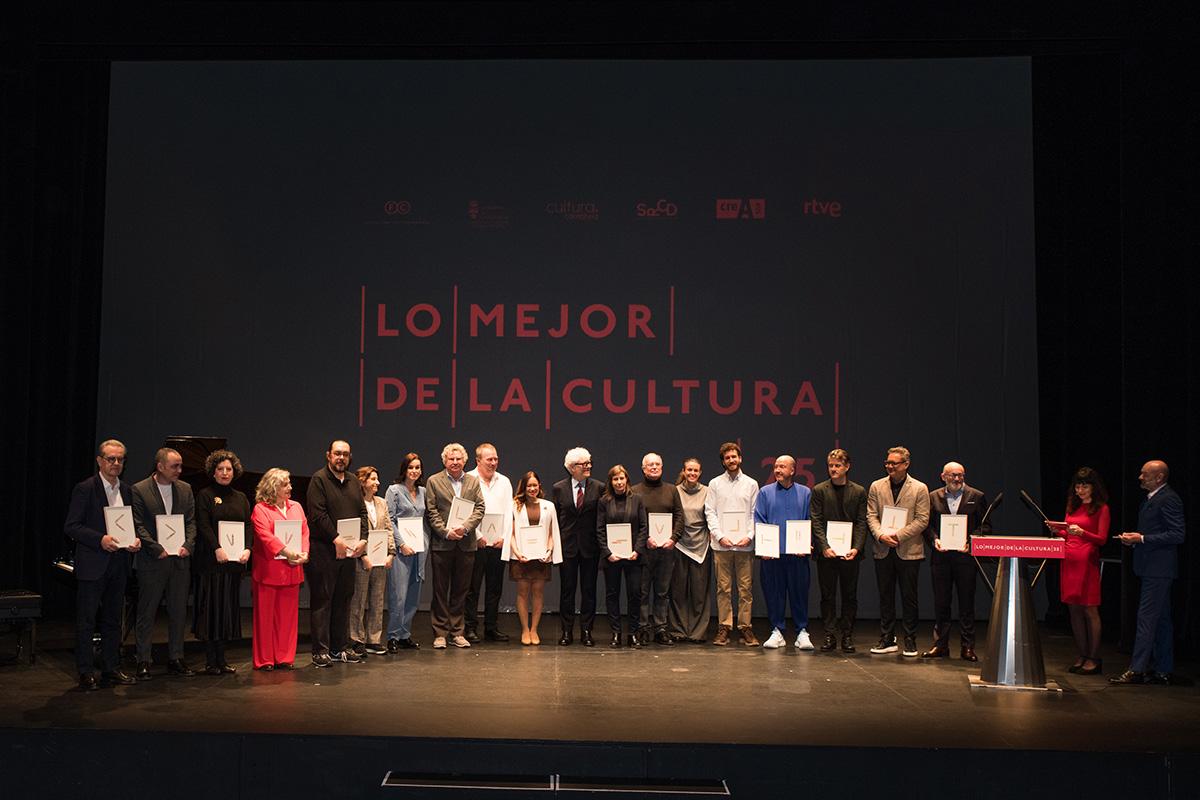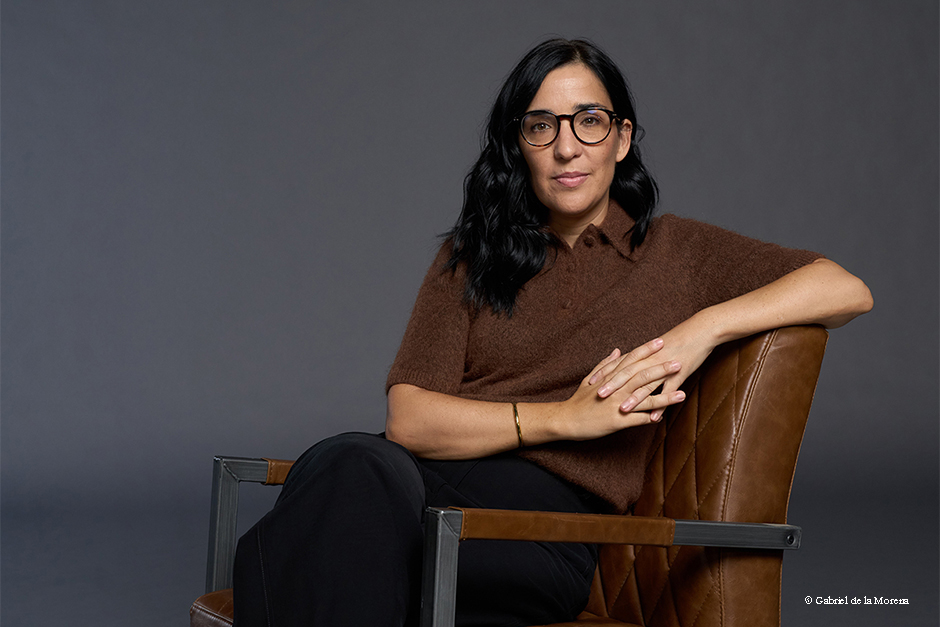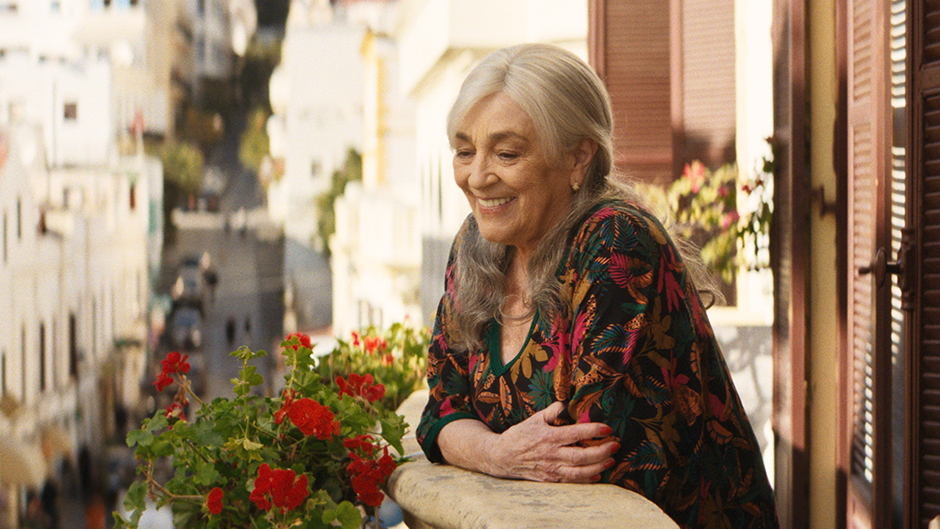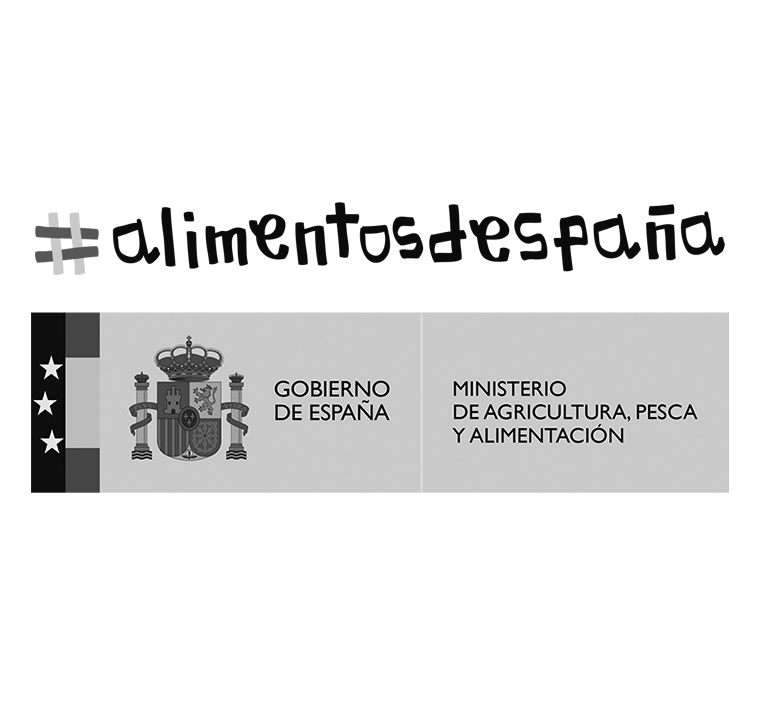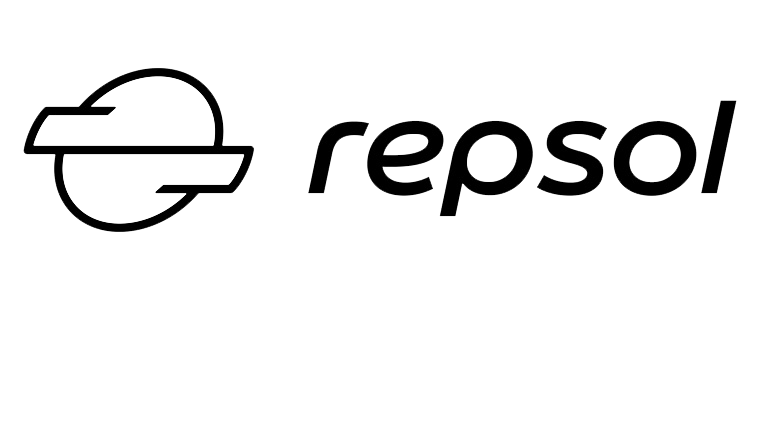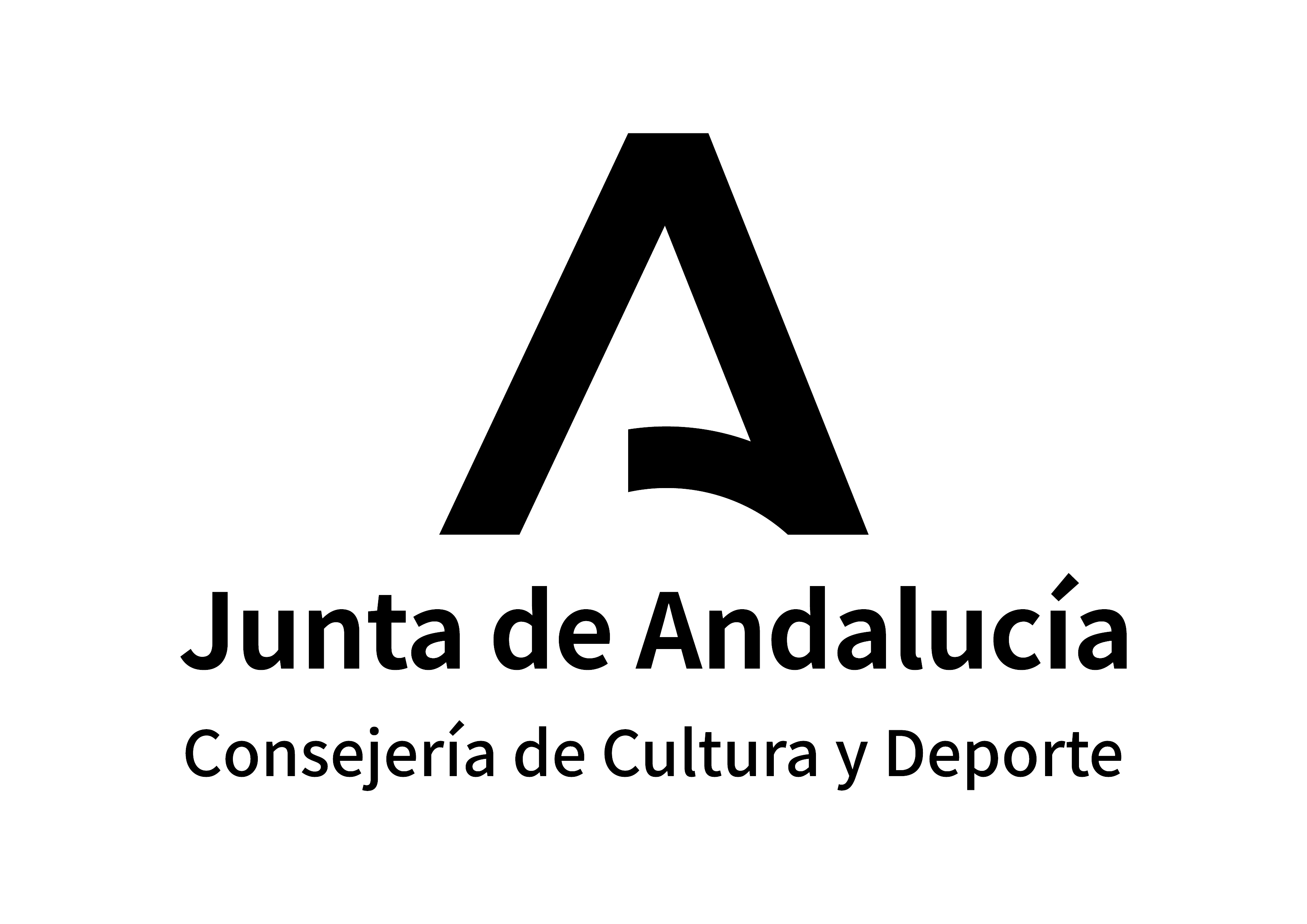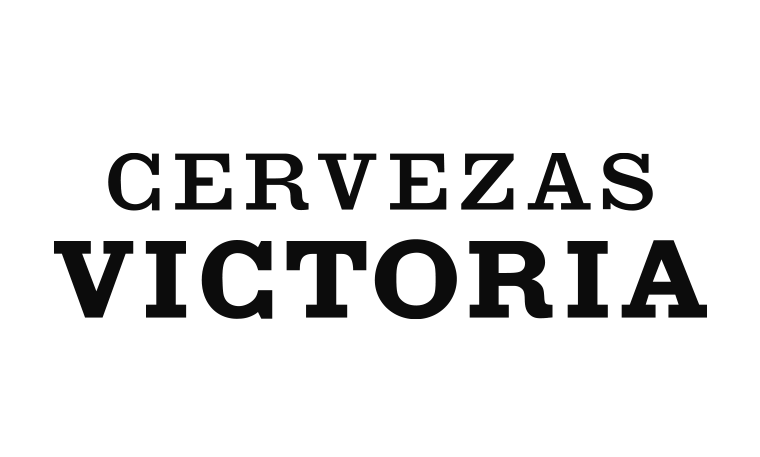Reflections on time and space feature in the Official Documentary Film Section of the Festival de Málaga
On the fifth day of the event, four titles were screened at the María Victoria Atencia Cultural Centre
On Tuesday 18 March, the María Victoria Atencia Cultural Centre hosted the screening of four documentaries in contest. In the first screening of the afternoon, the audience was able to watch the short film 'Aiguallum Lamparo', by the Valencian director David Tena, and 'Río Adentro', by the Uruguayan director Pablo Martínez Pessi. Then, in the second screening, the titles shown were: 'Ciudad Futuro', by Nicolás Fernández-Montes, and 'Tempus Fugit', by the Argentinian director Luciana Terribili.
Water, sea, river and fishing were the common elements in the first screening, where the short and the feature film talked to each other. Addressing the theme of purse seine fishing in the past and in the present day, 'Aiguallum Lamparo' offers a unique look at this ancient tradition where every night, in the Mediterranean Sea, a group of sailors light up the depths of the sea in the hope of finding a catch.
Accompanying the routine of the "Viento del Norte", one of the last ships in northeastern Spain to practice this ancestral tradition, David Tena highlights the importance of Maghrebi migrants for the continuity of this inherited rite.
"It was very difficult to film in such a small space. The boat was moving, vibrating. While filming, we realised how difficult it is to catch fish and how long the waiting time is. It is during this dead time that the artistic reflections come out, which is very much appreciated in today's day and age," said the director about the filming.
Next, the feature film 'Río Adentro' brought to the Festival de Málaga a personal vision of the life of Lucas, a fisherman who goes into the mountains on the banks of the Uruguay and Negro rivers to photograph the fishers' camps and their trade. Its aim is to make a photo-reportage of this peculiar universe and turn it into a photobook that portrays its reality. As his project grows, Lucas finds himself as an artist and builds his gaze.
"I met Lucas making my third film. When he finished his book I felt I had a lot in common with him. For me, 'Río Adentro' is the film that was the least difficult to make because it was always about teaching Lucas. He is the flame in the darkness, comes from a humble family, was educated in public schools and one day decides to embark on his photobook project. In short, in my documentary I want to talk about opportunities," said director Pablo Martínez Pessi in the colloquium following the screening.
'Ciudad Futuro' and 'Tempus Fugit', from unfinished spaces to a reflection on time
At the end of the day, the audience at the María Victoria Atencia Cultural Centre saw the documentaries 'Ciudad Futuro' and 'Tempus Fugit', directed respectively by Nicolás
Fernández-Montes and Luciana Terribili, who was accompanied by her son Camilo Cena Terribili, the protagonist of the documentary.
Crossing the vast outskirts of the big city, we can glimpse that, after the great catastrophes of the future, there will still be room for the promise of a new youth, perhaps the last one. With this argument, Nicolas Fernández-Montes presents his short film 'Ciudad Futuro'. "It started as a class assignment. I was interested in unfinished spaces: a hospital, a quarry, a plot of land. I went to several places and started filming. With the material accumulated, I finally shaped this documentary, but I prefer audiences to find their own conclusions," the young filmmaker revealed.
At the end of the last screening of the day, Luciana Terribili offered her film 'Tempus Fugit', produced in collaboration with Canal Sur. The film introduces the most intimate part of the life of Camilo, a teenager with a muscular disease, on the verge of adulthood. Based on conversations with his childhood friend and critical reflections on the human condition, time fluctuates between 16 years of his existence as filmed by his mother and the film's director. Their way of sensing drives time jumps in one direction or another, similar to the way memory operates. With this discourse, Luciana Terribili manages to turn time into both subject and vehicle.
"In the film we see this transformation of Camilo over time, his concerns and his critical and philosophical thinking. Actually, it is not me saying what Camilo is like, but him teaching himself. I never crossed the line. There was always the camera between us," Luciana confessed, admitting that at times she questioned whether it was ethical to film her own son: "It was difficult for me. There were parts of the filming that I would rather have erased from my hard drive."
Share








